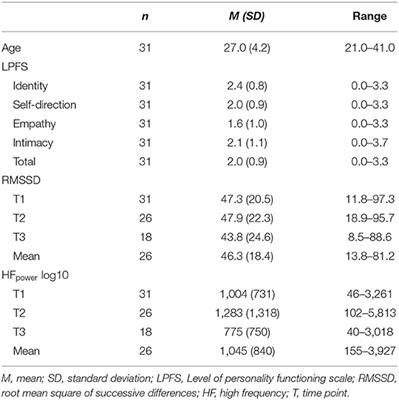EDITORIAL
Published on 21 Mar 2022
Editorial: Psychological Factors as Determinants of Medical Conditions, Volume II
doi 10.3389/fpsyg.2022.865235
- 1,125 views
- 6 citations
51k
Total downloads
286k
Total views and downloads
Select the journal/section where you want your idea to be submitted:
EDITORIAL
Published on 21 Mar 2022
OPINION
Published on 09 Apr 2021
OPINION
Published on 12 Feb 2021
OPINION
Published on 28 Jan 2021
MINI REVIEW
Published on 07 Jan 2021

BRIEF RESEARCH REPORT
Published on 23 Dec 2020

SYSTEMATIC REVIEW
Published on 10 Dec 2020

BRIEF RESEARCH REPORT
Published on 08 Dec 2020

ORIGINAL RESEARCH
Published on 01 Dec 2020

REVIEW
Published on 30 Nov 2020

ORIGINAL RESEARCH
Published on 04 Nov 2020

OPINION
Published on 03 Nov 2020

Frontiers in Psychiatry